Tax increases are rarely popular, but they can be justified.
Lifting children out of poverty is generally recognised as a legitimate reason to ask richer people to pay more in tax.
So too is improving the scope or quality of public services, such as the NHS, or perhaps the pay of certain public sector workers.
Many would agree with paying a little more if it meant the infrastructure they use every day – roads, railways and ferries, to name but a few – actually worked properly.
The problem for the SNP is it is now no longer telling people to pay more in tax to improve the quality of services they receive.
It is not even, if truth be told, telling people to pay more in tax to pursue some grand social agenda of ending child poverty or adult unemployment.

Let us look at the facts. Any forthcoming increases in tax will not go towards funding the crisis in our schools, our health service, or our police force.
They will not go towards closing the attainment gap between the richest and poorest students, or reversing the decline in life-expectancy in Scotland, or in allowing the police to investigate all – rather than just some – crimes.
No: any tax increases will go to cover the SNP’s failure to grow our economy and the mismanagement of successive nationalist administrations, plugging a £1billion hole in our national public finances.
But this mismanagement has not just afflicted national finances, but local government finances as well.
In the 2007 Scottish election campaign, the SNP promised – if not quite on the side of a big, red bus, certainly on large billboards – to abolish the “unfair” council tax.
Three Scottish Parliament terms later, not only is council tax not abolished, but it is about to go up to an eye-watering level for many households. Talk about unfair.
Of course, nationalist politicians desperately try to camouflage this incompetence by branding such tax increases as “progressive” or as “ensuring the rich pay their fair share”, but such arguments do not stand up to scrutiny.
As with income tax hikes at a central government level, none of this extra money is coming from people who are particularly rich, at least in absolute terms.
Nor is it the case that this money is going to be spent on improving outcomes for the less well off in society or their communities. Instead, it will only be used to cover existing shortfalls.
SNP must abolish council tax and find fairer system
If the SNP was really interested in “progressive” funding for local government in Scotland, it would have followed through on its promise to abolish council tax and replace it with something fairer.
Even if this proved impossible, it could act to make council tax itself fairer by ordering a re-valuation of the property rates – something that has not been undertaken in Scotland since 1991.
And if Scottish nationalists believe such a move is impossible, they need only look to Labour-run Wales, where a second re-valuation – following an initial one in 2003 – is scheduled for 2025.
It is true that, once upon a time, people were happy to pay a bit more tax in Scotland because they felt they got a bit more back in return – but no longer.
The SNP is now not only a high tax party, but it is also a party using taxes to cover its own failures. That, as much as anything else, is why voters will punish them at the next election.
While we are on the subject of elections, it is obviously absolutely vital that everyone that wants to vote registers to do so. Worryingly, it seems this is not the case.
The Electoral Commission reports up to a million people may not be correctly registered in Scotland – the highest of any region in the UK and putting their participation at the next general election in jeopardy.
Many of those currently on course to miss out, sadly if perhaps predictably, are those whose voices most need to be heard in our politics.
Of course, no one should be compelled to register to vote, but it is equally important that the process is made as straightforward as possible.
Often, particularly for young people, students or private renters, remembering to re-register when you are frequently moving house is difficult.
Equally, the bureaucracy may seem onerous, particularly if an election is some years away.
Reforms suggested by the Electoral Commission – such as integrating electoral registration with university enrolment and driving licence renewal – would help encourage registration and should now actively be considered by politicians of all shades and stripes in Scotland and across the UK.
Otherwise, we risk silencing vital voices in our democracy.
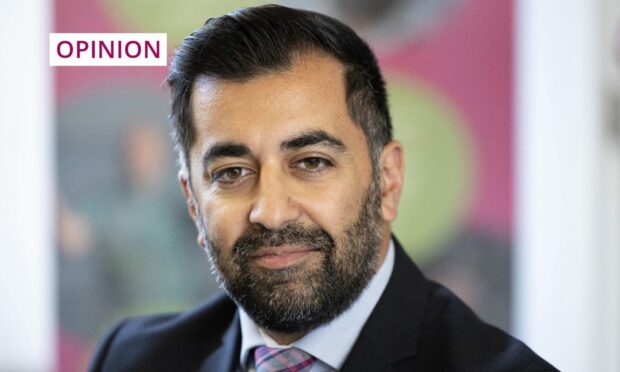



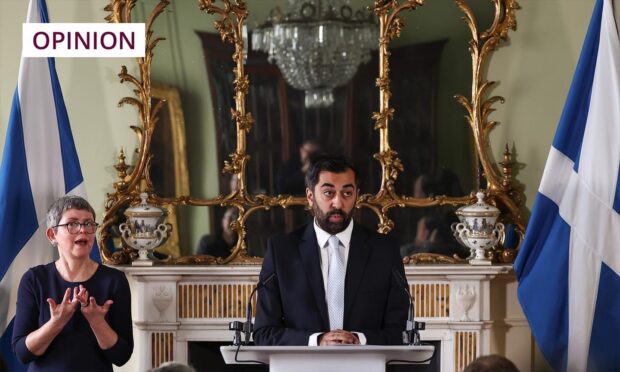
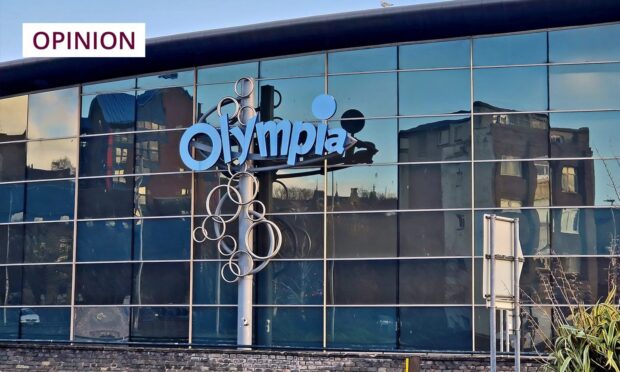
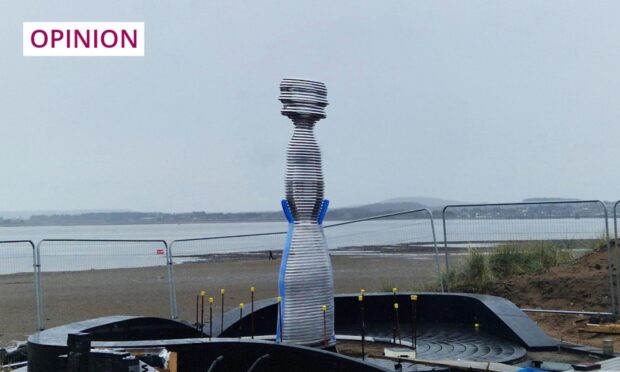
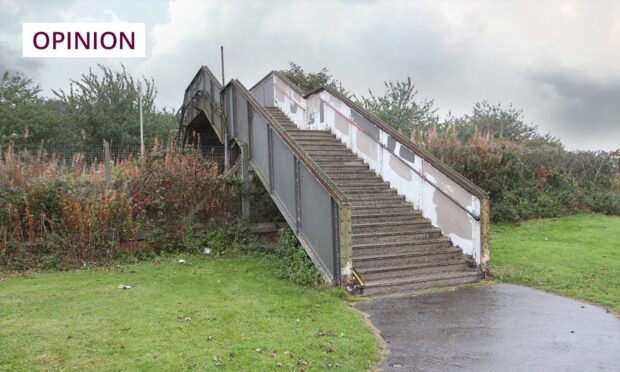
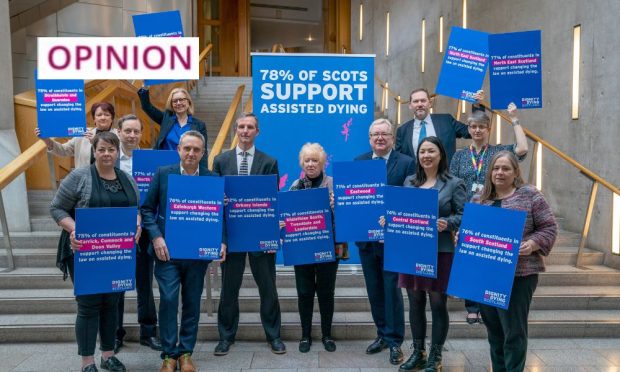
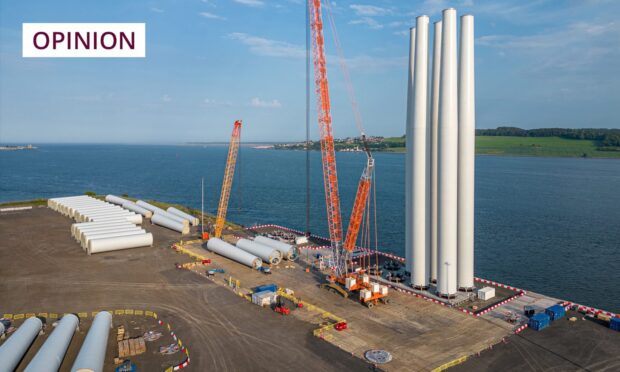
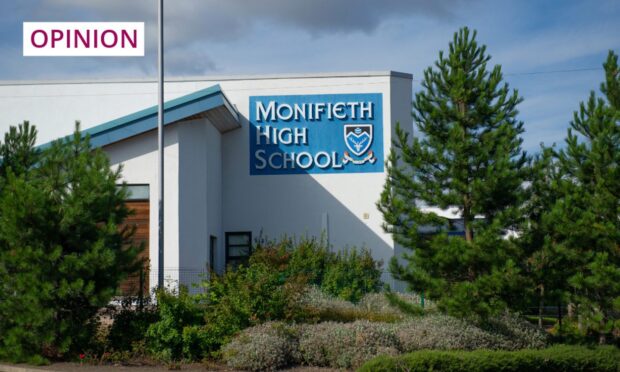
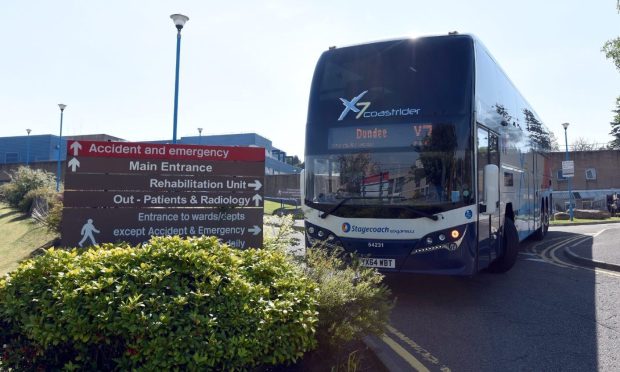
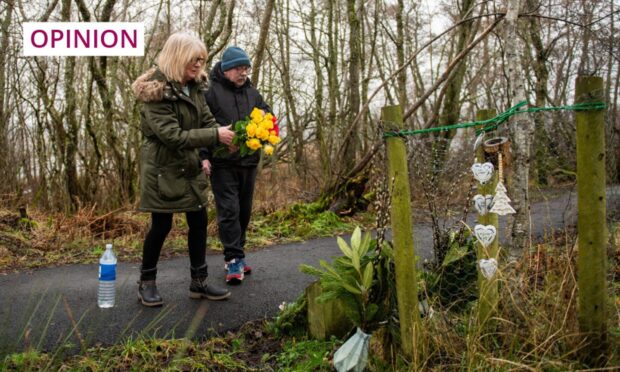
Conversation